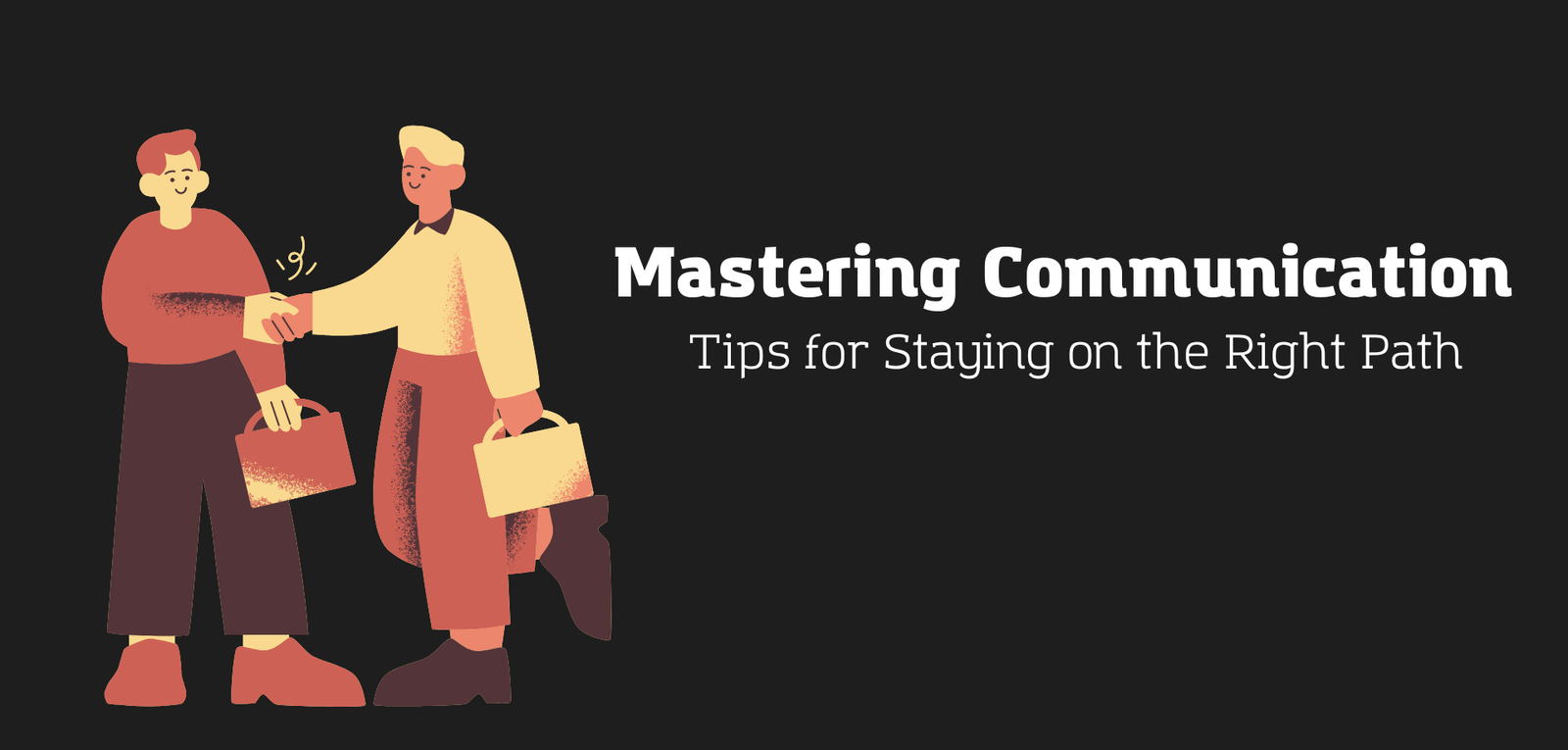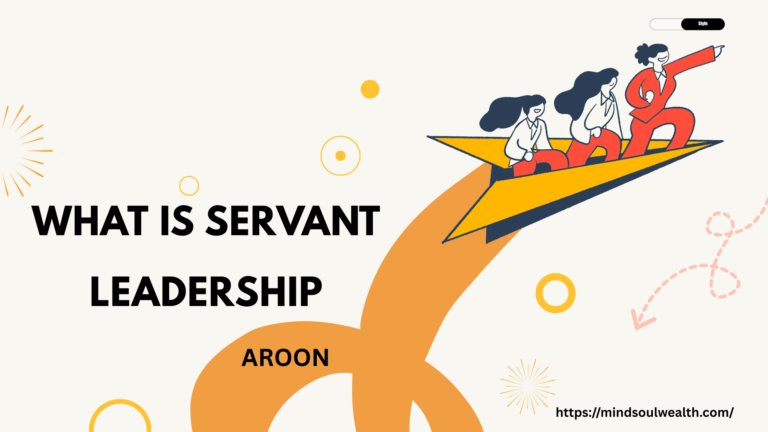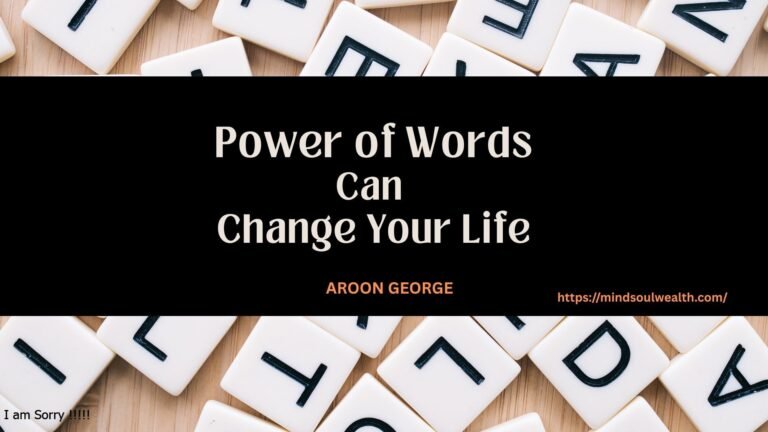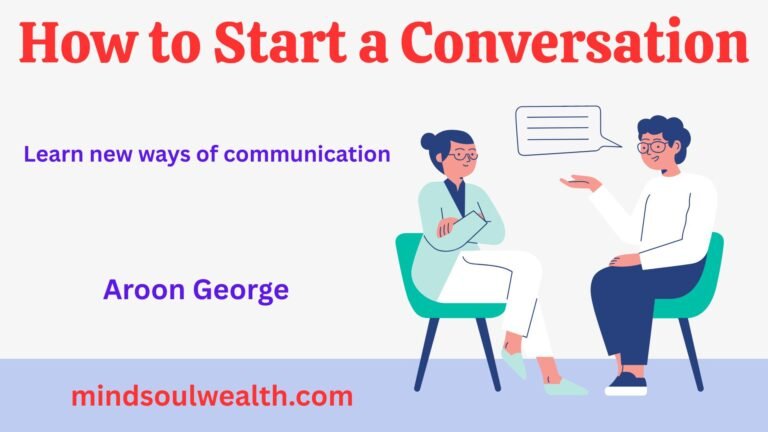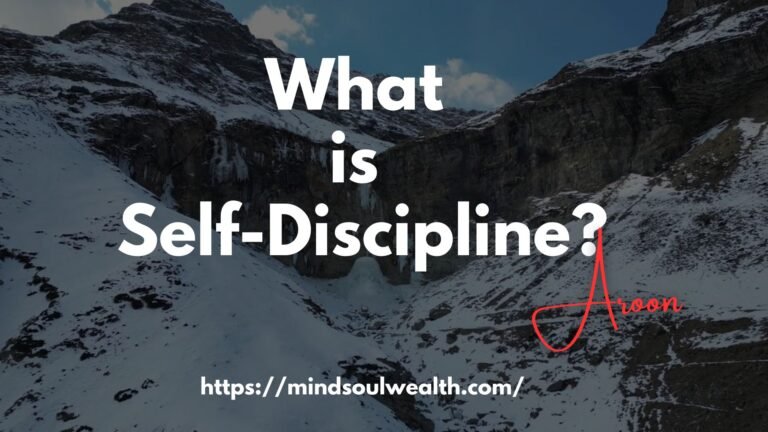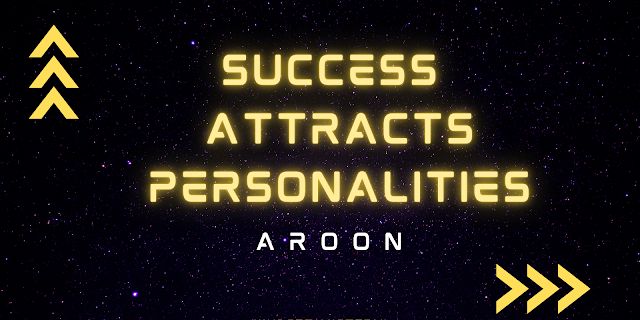Master Effective Communication
Why Effective Communication Matters
Effective communication is the foundation of strong relationships, enabling us to share ideas, resolve conflicts, and connect deeply. Originating from the Latin term meaning “to move around with,” communication is a dynamic process essential for personal and professional growth. Mastering effective communication ensures your conversations are impactful, whether discussing social issues like fairness or personal topics like family relationships. This page offers practical tips to enhance your skills and foster effective communication daily.
Five Strategies for Effective Communication
Effective communication requires deliberate effort. Here are five strategies to improve your conversations:
1. Set Clear Goals
Before speaking, clarify your purpose. Are you informing, persuading, or connecting? Clear goals drive effective communication, ensuring your words resonate, whether discussing social justice or personal milestones.
2. Structure Your Mindset
Clear thinking leads to clear words. Effective communication begins with a balanced mindset, blending logic and emotion. Reflect before engaging, especially on topics like social inequality or family dynamics, to keep discussions focused.
3. Listen Actively
Listening is a vital part of effective communication. Focus on the speaker’s words, tone, and intent to build understanding. Active listening strengthens connections, whether you’re discussing relationships or sharing insights.
4. Ask Open-Ended Questions
Encourage dialogue with questions like, “What’s your perspective on fairness?” Open-ended questions promote effective communication by keeping conversations engaging and dynamic.
5. Master Non-Verbal Cues
Non-verbal signals, like eye contact and gestures, enhance effective communication. A smile or attentive posture conveys openness, especially in sensitive discussions about family or social challenges.
Common Conversation Pitfalls
Conversations can fail despite good intentions. Avoid these barriers to maintain effective communication:
- Lack of Context: Provide context to ground discussions, whether about elections or personal achievements.
- Poor Timing: Choose the right moment to talk for maximum impact.
- Distractions: Converse in a calm, focused setting for clarity.
- Assumptions: Clarify intentions to prevent misunderstandings.
- Wrong Setting: Select a comfortable, airy space for open dialogue.
Kindness in Effective Communication
Kindness is a powerful tool in effective communication. Use words like “please,” “thank you,” and “sorry” to show respect. A warm greeting or smile can ease tension, fostering stronger connections in discussions about social issues or personal growth.
Conclusion
Effective communication transforms how we connect with others. By setting goals, listening actively, using non-verbal cues, and practicing kindness, you can master conversations and build lasting relationships. Apply these tips to achieve effective communication in every interaction.
